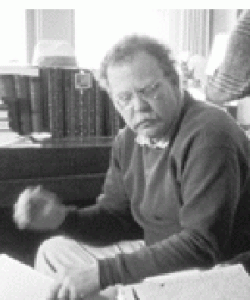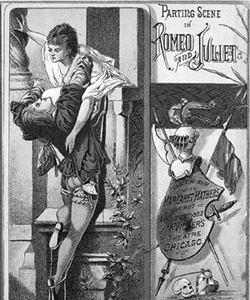Literary MagNet
Literary MagNet chronicles the start-ups and closures, successes and failures, anniversaries and accolades, changes of editorship and special issues—in short, the news and trends—of literary magazines in America. This issue's MagNet features Tameme, Translation Review, Double Change, Circumference, Quick Fiction, the Paris Review, the Virginia Quarterly Review, Diagram, Tiferet: A Journal of Spiritual Literature, Glut, and Bullfight: A Literary Review.














